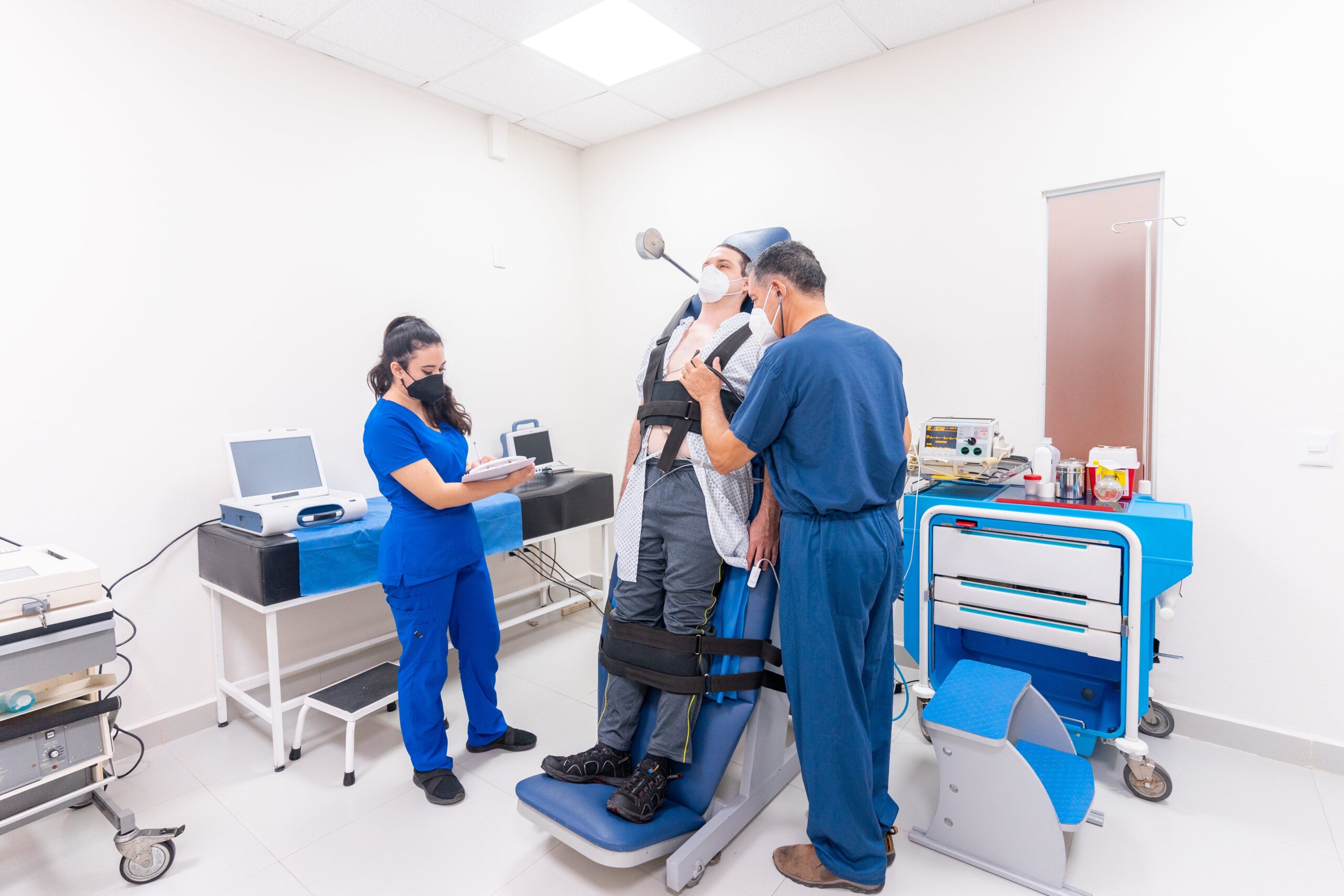The Vital Role of Respite Care: Supporting Caregivers in Their Journey
Caring for a loved one can be one of the most rewarding experiences in life, but it also comes with its challenges. Whether it’s providing round-the-clock assistance to an aging parent, supporting a family member with a chronic illness, or caring for a child with special needs, the role of a caregiver can be physically, emotionally, and mentally demanding. In the midst of giving so much of themselves, caregivers often neglect their own needs, leading to burnout and compromised well-being. This is where respite care steps in, offering a vital lifeline to caregivers in need of support and relief.
Respite care provides temporary relief to caregivers by offering professional assistance in caring for their loved ones. It can take various forms, including in-home care, adult day programs, short-term residential facilities, or even support groups. Regardless of the format, the primary goal remains the same: to give caregivers the opportunity to recharge, rest, and attend to their own needs without compromising the quality of care for their loved ones.
One of the most significant benefits of respite care is the opportunity it provides for caregivers to prevent burnout. Caregiving can be all-consuming, leaving little time for self-care and personal activities. Over time, this relentless cycle can lead to exhaustion, stress, and feelings of isolation. Respite care offers caregivers the chance to take a step back, rejuvenate, and engage in activities that promote their own well-being, whether it’s pursuing hobbies, spending time with friends, or simply getting a good night’s sleep.
Moreover, respite care plays a crucial role in maintaining the overall health and resilience of caregivers. Chronic stress associated with caregiving can weaken the immune system, increase the risk of depression and anxiety, and exacerbate existing health conditions. By providing regular breaks and support, respite care helps caregivers manage their stress levels, prevent caregiver fatigue, and reduce the likelihood of physical and mental health issues.
Another important aspect of respite care is its positive impact on the quality of care provided to loved ones. Caregivers who are rested, refreshed, and emotionally replenished are better equipped to meet the needs of their loved ones effectively. By ensuring that caregivers have the time and resources to recharge, respite care contributes to maintaining a higher standard of care and promoting the overall well-being of both caregivers and care recipients.
It’s essential to recognize that asking for help and taking breaks doesn’t make someone a lesser caregiver. On the contrary, it demonstrates strength, self-awareness, and a commitment to providing the best possible care for loved ones. By embracing respite care as a valuable resource, caregivers can cultivate a healthier balance in their lives, enhance their caregiving skills, and sustain their role over the long term.
In conclusion, respite care is not just a luxury but a necessity for caregivers. It provides much-needed support, relief, and rejuvenation, enabling caregivers to continue their invaluable work with renewed energy and resilience. As we honor the dedication and sacrifices of caregivers, let us also recognize the importance of investing in their well-being through respite care initiatives. By supporting caregivers, we ultimately contribute to the well-being of families, communities, and society as a whole.



